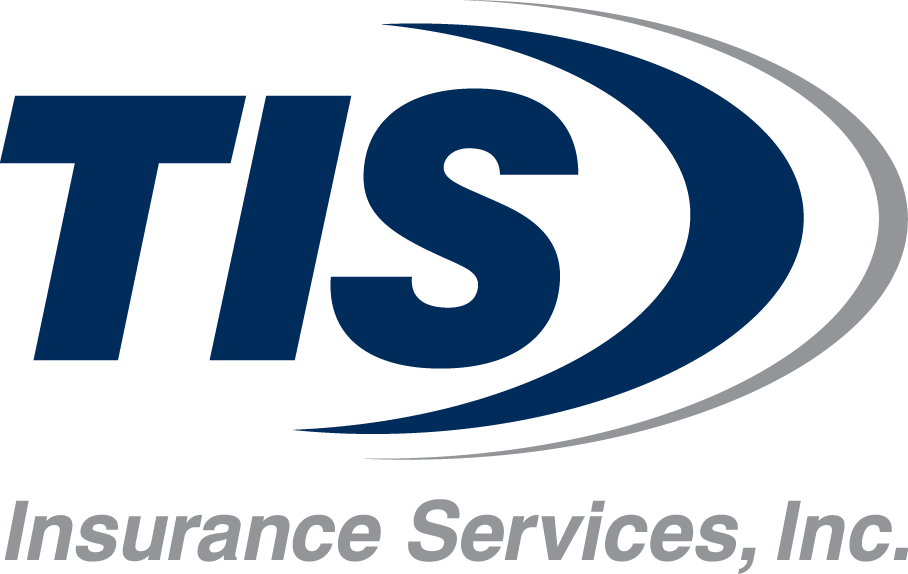Workers’ compensation provides a safety net that protects employees in case of workplace injuries or illnesses. While it ensures employees receive the care they need, it can also present a significant cost burden for businesses.
The good news is that proactive strategies can be implemented by employers to manage and even reduce workers’ compensation costs, creating a safer and more financially secure work environment.
What is Workers’ Compensation?
Workers’ compensation is a form of insurance that provides wage replacement and medical benefits to employees injured in the course of employment. In exchange, employees relinquish the right to sue their employer for negligence. This system protects both parties, offering a safety net for workers while limiting the employer’s liability. However, workers’ compensation insurance premiums can be significant and are influenced by factors such as industry risk levels, claim history, and state regulations.
Workers’ Compensation Costs 101
Premiums
The periodic payments businesses make to an insurance carrier to cover potential claims.
Deductibles
The initial amount a company pays out-of-pocket before insurance kicks in.
Direct Medical Costs
Medical expenses associated with treating work-related injuries or illnesses.
Indirect Costs
These are often hidden costs, including lost productivity due to employee absences, retraining costs for replacement workers, and potential damage to morale. Indirect costs can be several times higher than direct medical costs.
The Ripple Effect
Uncontrolled workers’ compensation costs can have a substantial financial impact on a business. High premiums can strain budgets, limit resources for growth, and even affect a company’s competitiveness. Additionally, many claims can indicate safety issues within the workplace, potentially damaging a company’s reputation and employee morale.
Strategies for Managing Workers’ Comp Costs
Prioritize Workplace Safety
The most effective way to manage workers’ compensation costs is to prevent injuries and illnesses from occurring in the first place. This involves:
Implementing Safety Programs
Develop comprehensive safety programs tailored to your industry. These should include regular training, clear safety protocols, and emergency response plans.
Regular Inspections and Maintenance
Inspect equipment and facilities to identify and rectify potential hazards regularly.
Encouraging a Safety Culture
Foster a culture where safety is prioritized, and employees feel responsible for maintaining a safe working environment. Encourage reporting of unsafe conditions and near misses.
Effective Return-to-Work Programs
A well-structured return-to-work (RTW) program can significantly reduce workers’ compensation costs by facilitating injured employees’ early and safe return to the workplace. Key components include:
Modified Duties
Offer light or modified duties that accommodate the employee’s medical restrictions.
Regular Communication
Maintain contact with injured employees to monitor their recovery progress and address concerns.
Gradual Reintegration
Implement a phased return-to-work plan where employees gradually resume their regular duties.
Accurate Job Descriptions
Clear and accurate job descriptions are essential for several reasons:
Hiring the Right Candidates
Ensuring candidates understand the job’s physical and mental demands can help prevent injuries caused by mismatched job requirements and employee capabilities.
Medical Evaluations
Provide healthcare providers with precise job descriptions to facilitate accurate assessments and appropriate treatment plans for injured employees.

Manage Claims Effectively
Efficient claims management is crucial in controlling workers’ compensation costs. This involves:
Prompt Reporting
Ensure injuries are reported immediately to allow timely investigation and claims processing.
Accurate Documentation
Maintain thorough records of the incident, medical treatment, and communication with the injured employee and healthcare providers.
Fraud Prevention
Be vigilant for signs of fraudulent claims and investigate suspicious cases thoroughly.
Work with a Knowledgeable Insurance Agent
Our client executives at TIS can be instrumental in managing workers’ compensation costs by:
Negotiating Better Rates
Leverage our industry expertise and relationships with insurers to negotiate lower premiums.
Providing Risk Management Advice
Safety inspections, insights, and recommendations on loss prevention strategies to reduce risk and improve workplace safety.
Assisting with Claims Management
We have a team dedicated to helping manage claims efficiently and advocate on your behalf with the insurance company.
Contact TIS Insurance Services for a free consultation. Let’s work together to create a safer and more financially secure work environment for your employees and your business.






